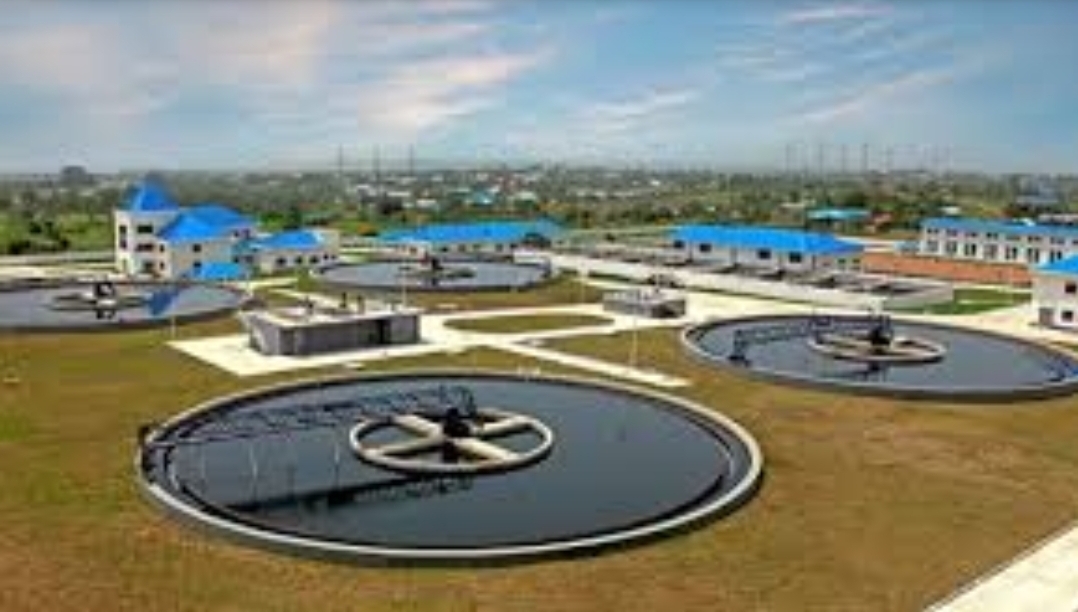US-based Licensed Engineer clarifies: standard water treatment doesn’t remove heavy metals

US-based Licensed Professional Engineer, Dr. Juliet Ohemeng-Ntiamoah, has emphasized that the standard water treatment process used to treat polluted water does not remove harmful heavy metals. Speaking on JoyNews’ “Newsfile” on October 5, Dr. Ohemeng-Ntiamoah explained that while the process tackles issues like turbidity, it falls short when it comes to eliminating heavy metals, a critical concern especially in water bodies affected by illegal mining activities.
Outlining the standard water treatment procedure, Dr. Ohemeng-Ntiamoah began by describing coagulation, where chemicals such as alum are added to make small particles clump together. This is followed by flocculation, a process that allows these clumps, or “floc,” to settle at the bottom, leaving clearer water. She continued by explaining that disinfection with chlorine or other chemicals kills bacteria and viruses, and finally, filtration removes any remaining particles.
However, she was clear about the limitations of this process. “All these processes that I have described, none of them remove heavy metal. The typical water treatment process does not include the removal of heavy metals,” she stated. She further emphasized that water sources contaminated with heavy metals should not be used as drinking water, as the issue extends beyond the visible turbidity in polluted rivers.
“With the treatment process of muddy waters, we remove the muddy side or the turbidity, but then there is still residual heavy metal concentration that is not removed by the water treatment process,” she warned. Dr. Ohemeng-Ntiamoah added that in order to remove these harmful metals, an additional treatment step would need to be implemented.
Her comments highlight the growing concerns surrounding the impact of illegal mining on Ghana’s water bodies, where heavy metal contamination poses long-term health risks. The current water treatment infrastructure, according to Dr. Ohemeng-Ntiamoah, requires urgent upgrading to address these dangerous pollutants effectively.





jxp3xt